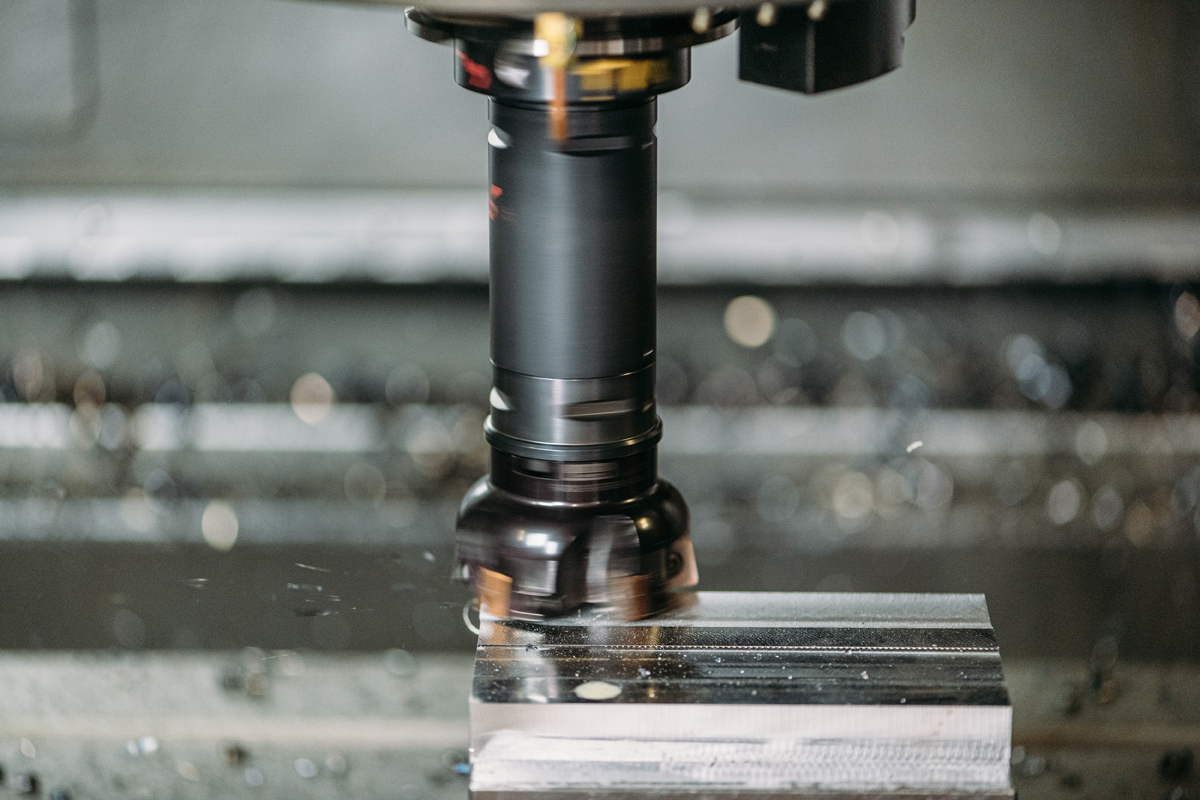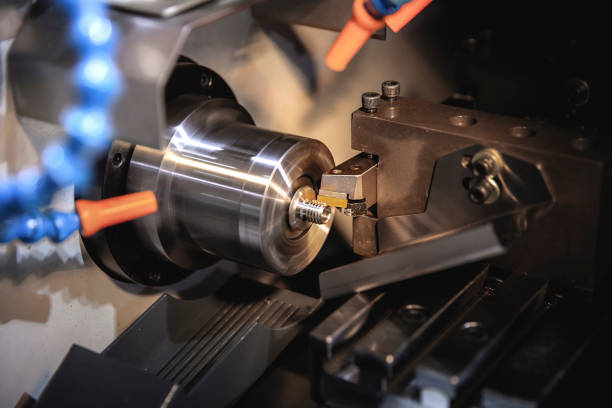
In a groundbreaking development for the rail industry, Precision Locomotive Part (PLP) has unveiled a new component that promises to revolutionize the efficiency and reliability of locomotives worldwide. This innovative part, which has been in development for over five years, is set to address some of the most persistent challenges faced by the rail sector, including maintenance costs, fuel efficiency, and operational downtime.
The new component, known as the Advanced Traction Control Module (ATCM), is the result of extensive research and collaboration between engineers, material scientists, and industry experts. The ATCM integrates cutting-edge materials and advanced engineering techniques to enhance the performance of locomotive engines. According to PLP's Chief Engineer, Dr. Emily Carter, the ATCM is designed to optimize traction control, reduce wear and tear on critical components, and improve overall locomotive efficiency.


"Traditional traction control systems have always been a bottleneck in locomotive performance," said Dr. Carter. "With the ATCM, we have managed to create a system that not only improves traction but also significantly reduces the stress on other locomotive parts. This means longer service intervals, lower maintenance costs, and better fuel efficiency."
Economic and Environmental Impact
The introduction of the ATCM is expected to have a profound economic impact on the rail industry. By reducing the frequency of maintenance and extending the lifespan of locomotives, rail operators can expect to see substantial cost savings. Additionally, the improved fuel efficiency of locomotives equipped with the ATCM will lead to lower operational costs and a reduction in greenhouse gas emissions.
John Mitchell, CEO of Precision Locomotive Part, emphasized the environmental benefits of the new component. "The rail industry is under increasing pressure to reduce its carbon footprint. The ATCM not only helps operators save money but also supports their sustainability goals. By improving fuel efficiency and reducing emissions, we are contributing to a greener future for rail transport."
Industry Reception and Future Prospects
The ATCM has already garnered significant attention from major players in the rail industry. Several leading rail operators have expressed interest in adopting the new technology, and PLP has announced that it will begin large-scale production of the ATCM in the coming months. Industry analysts predict that the ATCM could become a standard feature in new locomotives within the next few years.
Rail industry veteran, Thomas Greene, commented on the potential impact of the ATCM. "This is one of the most exciting developments I've seen in my 30 years in the industry. The potential for cost savings and environmental benefits is enormous. I believe the ATCM will set a new standard for locomotive performance and reliability."

Challenges and Future Developments
Despite the enthusiasm surrounding the ATCM, there are still challenges to be addressed. The integration of the new component into existing locomotive fleets will require careful planning and coordination. Additionally, rail operators will need to invest in training for their maintenance crews to ensure they are familiar with the new technology.
PLP is already looking ahead to future developments. Dr. Carter revealed that the company is working on a series of complementary components that will further enhance locomotive performance. "The ATCM is just the beginning. We are committed to continuous innovation and are already developing new technologies that will build on the success of the ATCM."


Conclusion
The introduction of the Advanced Traction Control Module by Precision Locomotive Part marks a significant milestone in the evolution of locomotive technology. With its potential to improve efficiency, reduce costs, and support environmental sustainability, the ATCM is poised to make a lasting impact on the rail industry. As PLP prepares for large-scale production and further innovation, the future of rail transport looks brighter than ever.
Post time: Sep-23-2024
